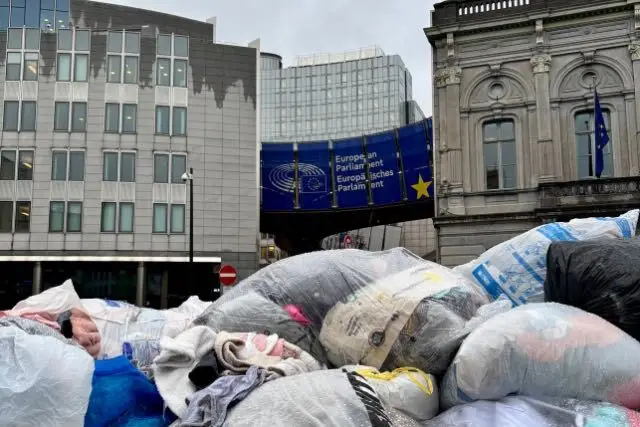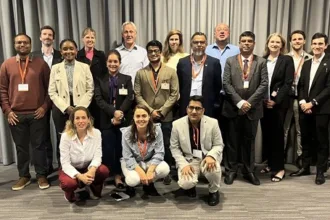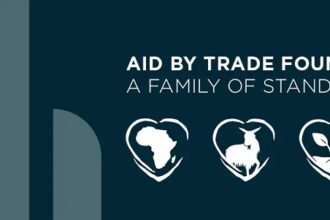The European Parliament has officially launched its Sustainable Textile Working Group, marking what it calls a “significant step” toward a fair and circular transition in the textile sector.
The initiative was co-hosted by MEPs Saskia Bricmont, Barry Andrews, and Lara Wolters, and brought together a powerful coalition of civil society organisations to align environmental and social priorities within the current EU legislative framework.
Among the coalition partners are Changing Markets Foundation, Clean Clothes Campaign, ECOS, European Environmental Bureau, Fair Trade Advocacy Office, Fashion Revolution, and industriAll Europe. These groups are committed to collaborating with the new working group to support textile reuse, waste management, and the social enterprises leading circular innovations in the sector.
The coalition emphasized the urgent need for concrete measures that can boost the role of social and circular enterprises, particularly those focused on textile waste prevention and sustainable reuse practices. Key players like RREUSE, Ressources, Emmaüs Europe, and TESS GEIE previously staged a demonstration at the European Parliament demanding stronger EU action to address textile waste.
RREUSE alone handles 337,000 tonnes of textiles annually, facilitating local reuse of 47,000 tonnes, underscoring the crucial role of reuse actors in reducing textile waste.
In parallel, the European Commission (EC) recently adopted new rules for assessing the environmental impact of clothing and footwear. These introduce a science-based, lifecycle approach to measure the sustainability of products—from raw material extraction to end-of-life disposal.
In another move toward greener textiles, the EC in April 2025 proposed draft regulations to restrict nonylphenol ethoxylates in textile items, citing their harmful environmental impact.
The new working group sets the stage for stronger EU-level policy action supporting circularity, social justice, and sustainability in the textile supply chain.











